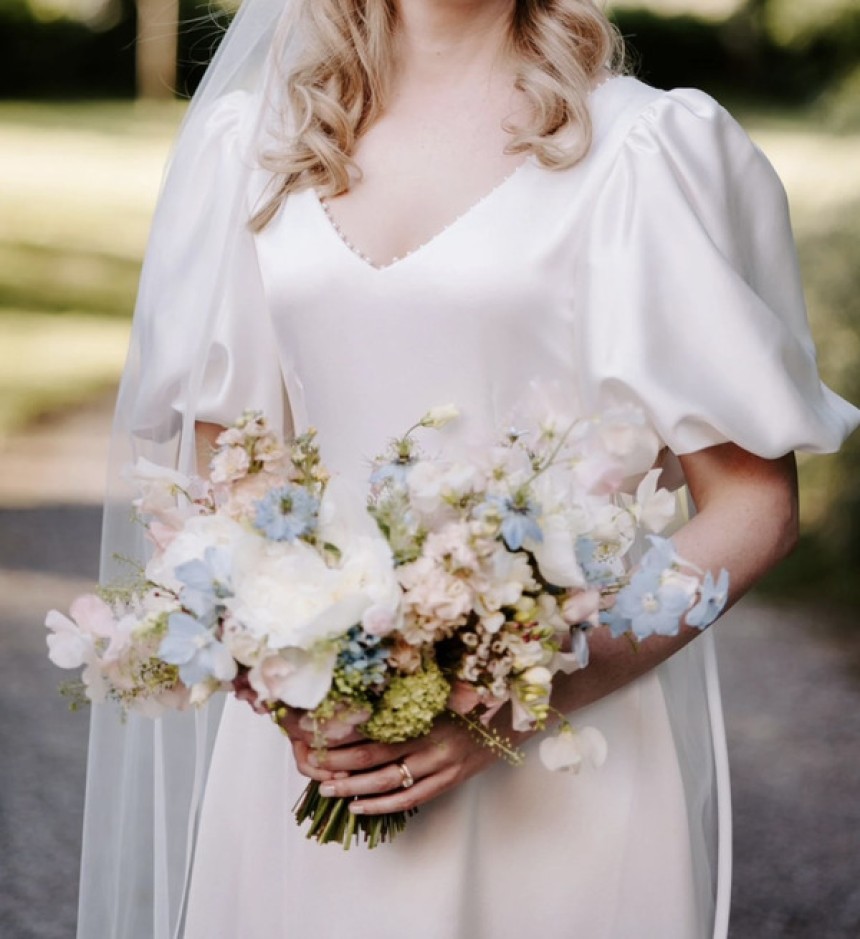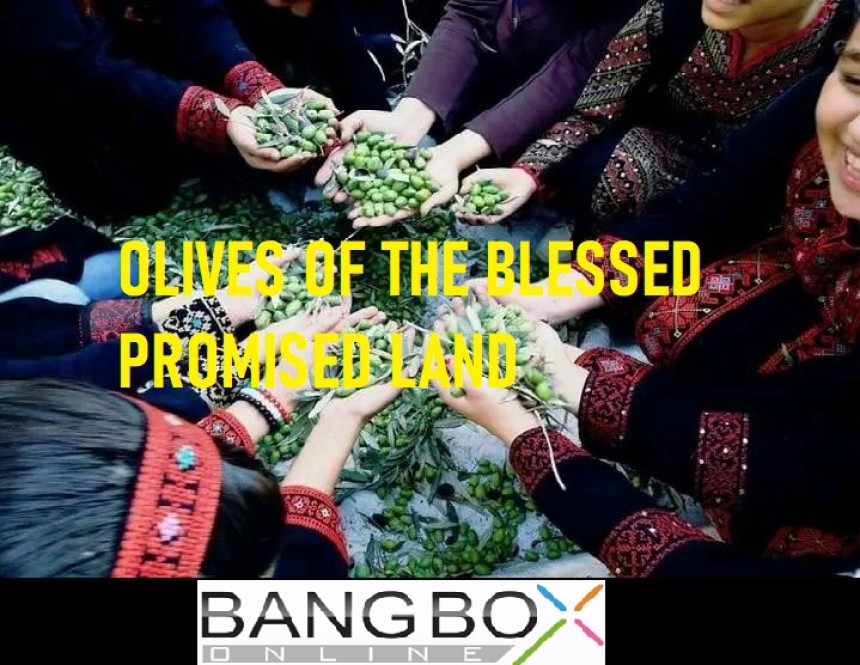
OLIVES OF THE BLESSED PROMISED LAND
The Palestine-Israel Conflict is almost a hundred years old, although it intensified with establishment of Zionist Jewish State in 1948. The Gaza Jihad started on 7th October 2023 has severely affected the sentiments of the Muslims and the world is witnessing the ugliness of Zionist Jews. This write up is about the importance of olives in the economic and cultural lives of Palestine and the genocide taking place in Palestine along with destruction of olives under Zionist Jewish Israel.
OLIVES OF THE BLESSED PROMISED LAND
The Quran is the last Holy Book of Abrahamic Religion and the principle text of the youngest religion called Islam which was revealed upon Holy Prophet Muhammad (PBUH). The Holy Book and Prophet Muhammad (PBUH) both have described the Olive tree and fruit as of great importance and reverence. Olives are of great spiritual value, and many eating habits have been extracted by Muslims from the practice of the Prophet Mohammad (PBUH). Olives along figs have been called " Shajara Mubarakah" in Quran, therefore, olives, figs, dates, grapes, pomegranate are considered very special in Islam.
Olives has been very special fruit even before Islam and it has been a blessed tree and fruit even for Judaism and Christianity. The Banu Israel were promised a blessed land through Prophet Moses (AS) and that was the city of Jerusalem and olives are grown richly in this city. Many religious symbolic places of Judaism have a history of olives cultivation. Similarly, land of olives are also so symbolically important wrt Prophet Essa (Jesus; AS). The land symbolically blessed in both Judaism and Christianity is none other than Palestine as called today.
The olive tree is considered the jewel among Palestinian plants. It has a very long lifespan, with a slow rate of growth. It is claimed that the oldest olive tree in the world is in Jerusalem's southern hills (in the village of al-Walaja). The Palestinian Olive Oil Council estimates its age at over 5,500 years. Olive trees are a universal symbol of peace and a powerful symbol of Palestinian rootedness in their land. The average lifespan of an olive tree is 300-600 years, but some can live as long as 3,000 years.
PLANTING HOPE IN PALESTINE
Trees for Life is a program of the Palestine Fair Trade Association (PFTA) that provides thousands of olive trees to first-time and small scale farmers, as well as to those whose trees or lands have been destroyed by Israeli forces. Since 2006, they have planted over 343,373 trees (till 2022). Many olive trees date to centuries prior to the Israeli occupation. These trees are a living reminder of resilience and their presence continues to exemplify the Palestinian plight. Since 1967, more than 800,000 Palestinian olive trees have been illegally uprooted by the Israeli authority.
The olive harvest season in Palestine is considered one of the most important agricultural and heritage seasons, starting in September and continuing until October. This season is an integral part of Palestinian life, as families gather to work together in the fields, a tradition passed down through generations. The olive tree is a symbol of steadfastness and rootedness in the Palestinian land, and the oil extracted from its fruits is an essential element on the Palestinian table. The harvest season is also accompanied by many social rituals such as preparing “mouna” and making “pickled olives.”
Olives are Palestinians’ Economic and Cultural Identification.
Each year in the fall months, generations of Palestinian families gather for the olive harvest. It’s a critical time for economic and cultural life of Palestinians; as olives and their consequent products—cured olives, olive oil, soap—represent the majority of agricultural earnings for Palestinian farmers. The ordinary Palestinian's economic dependence on olives underscores the longstanding cultural identification with the trees, which have been cultivated in the area for thousands of years.
The Nabali olive is a variety that is grown in Palestine and is also found in Israel. The fruit is medium-sized and has a high oil content of up to 26%. The oil produced from Nabali olives is considered to be of high quality, with a mild and fruity flavor.
The olive trees that once stood as a symbol of hope and sustenance have become casualties of the ongoing conflicts in Gaza, the West Bank, and southern Lebanon. The loss extends far beyond the economic impact, as it touches the very essence of these regions’ culture and heritage. The Zionist Jews as a policy are destroying the olives in an attempt to damage Palestinians' economy and culture.
This is a powerful reminder that in times of conflict, it is the innocent and the vulnerable who suffer the most and no przes for guessing the victims here. . As we reflect on this heartbreaking situation, let us hope for a brighter future where the olive trees of Palestine can once again flourish, providing not only sustenance but also a symbol of peace and resilience in the blessed and holy lands.
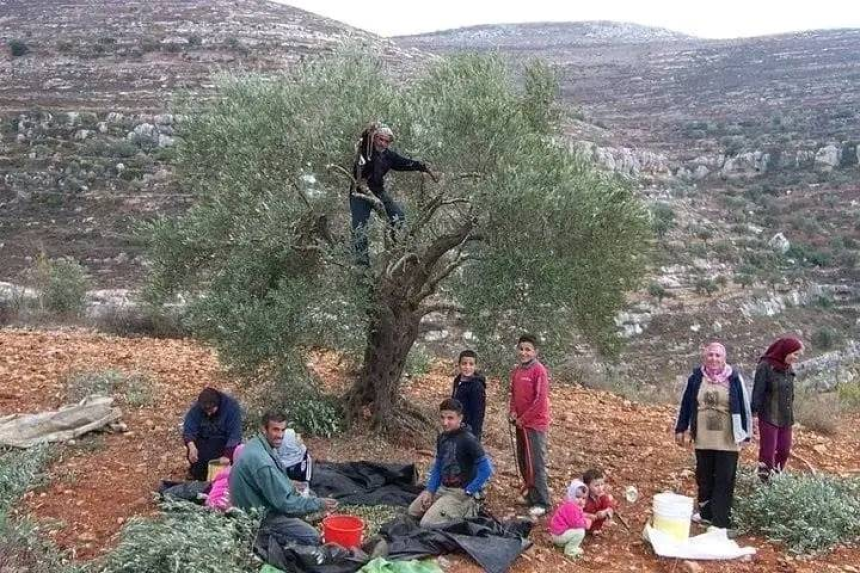
The Second Olive Tree
By Mahmoud Darwish
Translated by Marilyn Hacker
The olive tree does not weep and does not laugh. The olive tree
Is the hillside’s modest lady. Shadow
Covers her single leg, and she will not take her leaves off in front of the storm.
Standing, she is seated, and seated, standing.
She lives as a friendly sister of eternity, neighbor of time
That helps her stock her luminous oil and
Forget the invaders’ names, except the Romans, who
Coexisted with her, and borrowed some of her branches
To weave wreaths. They did not treat her as a prisoner of war
But as a venerable grandmother, before whose calm dignity
Swords shatter. In her reticent silver-green
Color hesitates to say what it thinks, and to look at what is behind
The portrait, for the olive tree is neither green nor silver.
The olive tree is the color of peace, if peace needed
A color. No one says to the olive tree: How beautiful you are!
But: How noble and how splendid! And she,
She who teaches soldiers to lay down their rifles
And re-educates them in tenderness and humility: Go home
And light your lamps with my oil! But
These soldiers, these modern soldiers
Besiege her with bulldozers and uproot her from her lineage
Of earth. They vanquished our grandmother who foundered,
Her branches on the ground, her roots in the sky.
She did not weep or cry out. But one of her grandsons
Who witnessed the execution threw a stone
At a soldier, and he was martyred with her.
After the victorious soldiers
Had gone on their way, we buried him there, in that deep
Pit – the grandmother’s cradle. And that is why we were
Sure that he would become, in a little while, an olive
Tree – a thorny olive tree – and green!
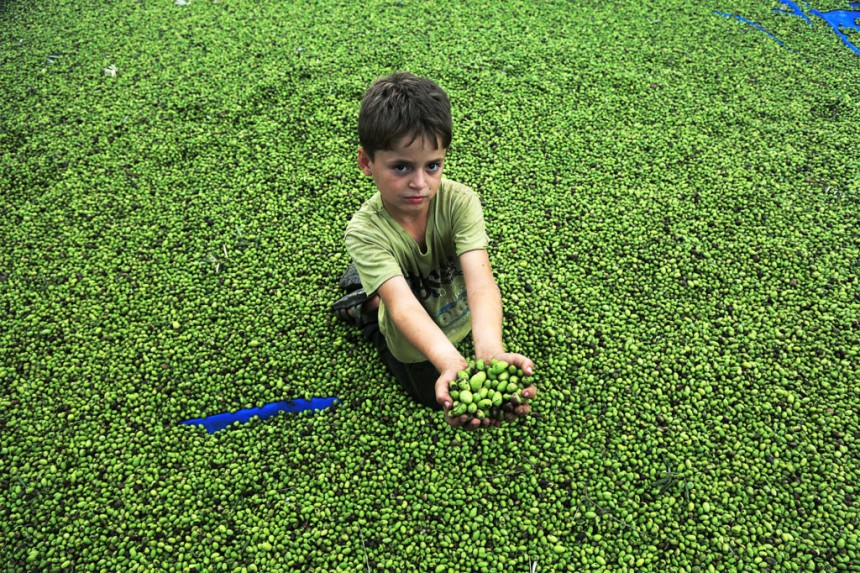
Your blood will plant an olive tree and your people shall live in its shade by Mahmoud Darwish
The olive grove was once green;
It was! And the sky was
A blue forest; it was!
What has changed it tonight?
And tonight
I’ll come through the window
And bring you jasmine.
Don’t blame me if I’m late;
They always stop me on the way.
They quietly stopped our truck
at the curve of the road
and quietly turned us East.
My heart was once a blue sparrow;
It was! And your handkerchiefs
Were all white, my beloved.
What has soiled them tonight?
I don’t understand.
They quietly stopped our truck
and quietly turned us East.
For you I have everything:
Both shade and light
And a wedding ring
And even an orchard of fig trees.
They quietly stopped our truck
and quietly turned us East.
The olive grove was always green;
It was, my beloved.
But tonight
The blood of fifty victims
Has turned it into a red pool.
Please don’t blame me
If I can’t come;
They’ve murdered me, too.

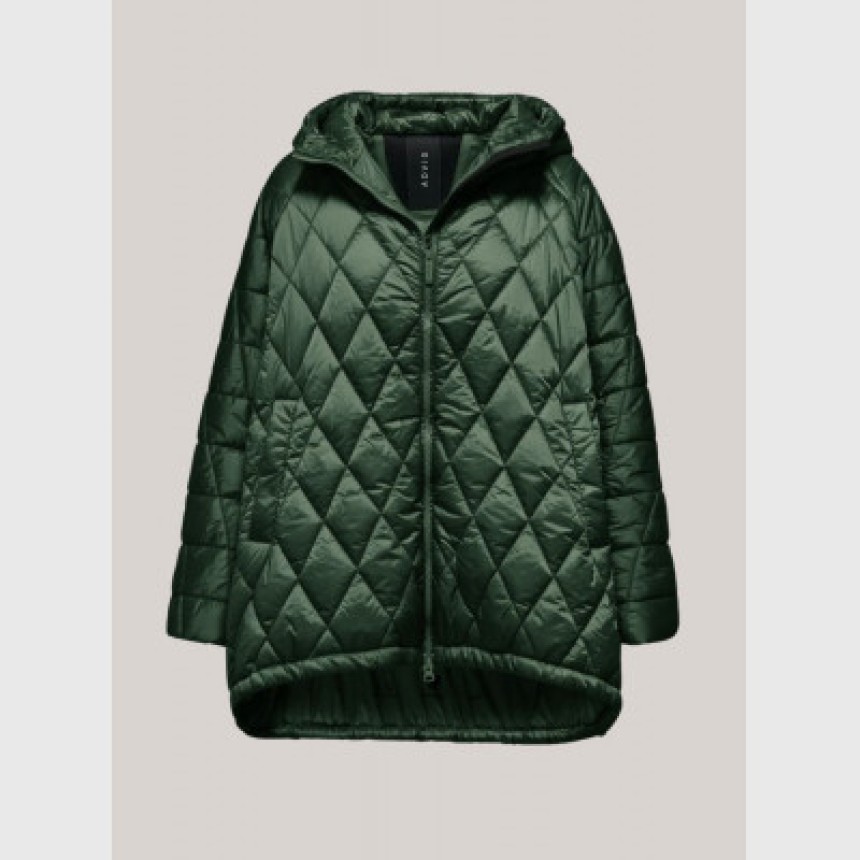

Stylish hair systems for men for All Instances
Hair systems for men can help you whenever you desire longer hair. Hair pieces may also he...
